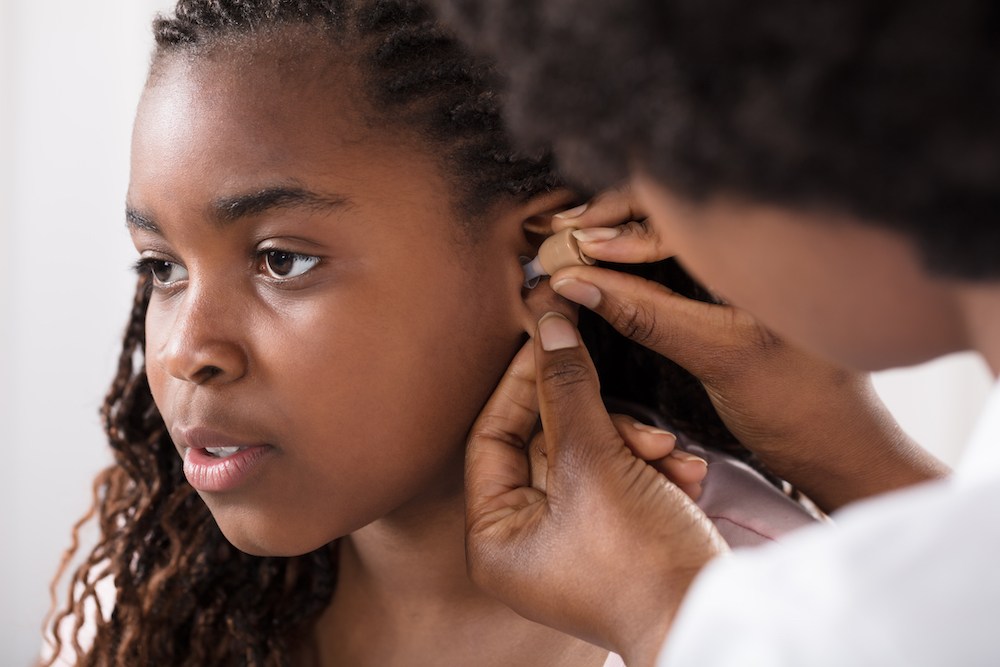Understanding Different Types of Hearing Tests
When you notice changes in your hearing, one of the first steps is often a


When you notice changes in your hearing, one of the first steps is often a

When people think about hearing loss, they usually focus on common issues

Understanding insurance coverage for hearing aids can make the process of